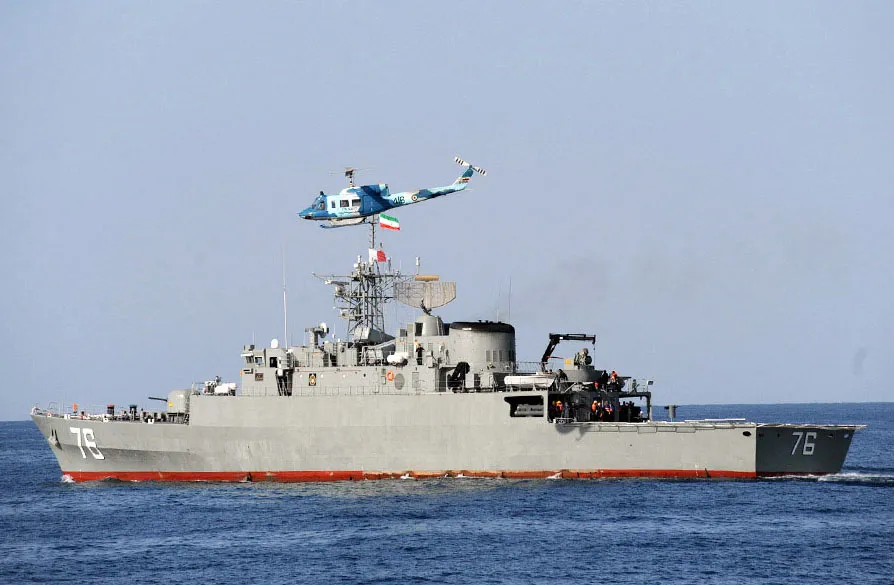Diplomatic moves to cool off the conflict in Nagorno-Karabakh are still going slowly, at least on the surface. The key thing to watch is what the OSCE Minsk Group of mediators, co-chaired by Russia, the U.S. and France, do. Other members of the group include Belarus, Germany, Italy, Sweden, Finland and Turkey, as well as Armenia and Azerbaijan since its establishment in 1994.
Russian President Vladimir Putin held a second call with Armenian Prime Minister Nikol Pashinyan on Sept. 29 at Panshinyan’s request. “Putin expressed serious concerns over the continuing hostilities. The pressing need was emphasized to declare a ceasefire by the opposing parties and take steps to de-escalate the crisis,” the Kremlin reported. They had spoken previously on Sept. 26. Putin has not yet held any contact with Azerbaijan President Ilham Aliyev that has been made public.
On the same day Kremlin spokesman Dmitry Peskov took aim at Turkey without mentioning it directly, reported TASS, but saying, “hostilities and fire should be stopped as soon as possible. Any statements of any military support or military actions definitely add fuel to the fire. We categorically oppose this…. We are calling on all countries, especially our partners like Turkey, to do everything possible to convince the opposing parties to cease fire and return to peaceful settlement.” He went on to describe that “the Russian side is in constant touch with Yerevan, Baku and Ankara on various levels ... analyzing the situation and using this knowledge to formulate our future stance and determine the next steps together with our partners in the OSCE [Minsk] group.”
French President Emmanuel Macron, while slamming the Turkish statements on the conflict in Nagorno-Karabakh as dangerous, “warlike” rhetoric, said he will be contacting Putin.
“I have noted Turkey’s political declarations [in favor of Azerbaijan], which I think are inconsiderate and dangerous,” he stressed. “I will talk with President Putin today, and, I believe, with President Trump tomorrow, raising this issue to exchange opinions and suggest a way out of the crisis,” the French President said during a press conference in Riga, Latvia.
U.S. National Security Adviser Robert O’Brien spoke with Turkish presidential adviser İbrahim Kalın, who told O’Brien that Turkey would continue to support Azerbaijan’s territorial integrity and independence, and said that Armenia’s withdrawal from occupied territories was essential for regional peace and stability. It seems that O’Brien did not issue a public statement.
The UN Security Council held a closed-door session on Nagorno-Karabakh yesterday. Council president, Nigerian envoy to the United Nations Abdou Abarry, issued a statement that “Security Council members voiced support for the call by the Secretary General on the sides to immediately stop fighting, de-escalate tensions and return to meaningful negotiations without delay.”
Armenian Prime Minister Nikol Pashinyan told BBC that the Minsk Group must act to stop the conflict, saying he thinks “Russia, United States, and France should not only support stability and peace, but, maybe, make more effort for that.”



